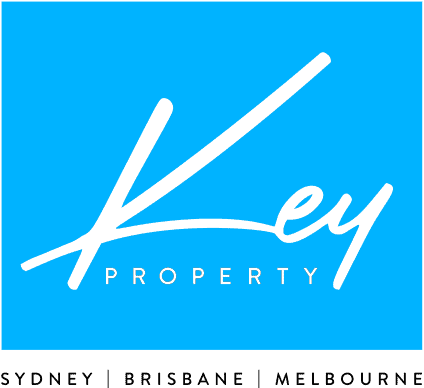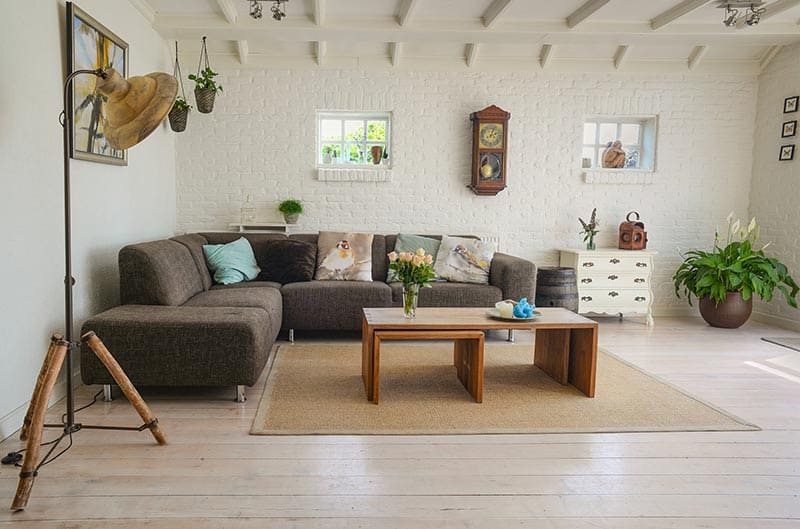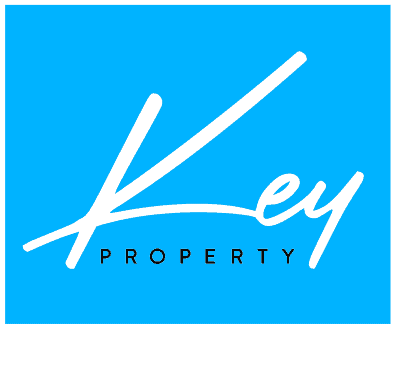Making the switch from owner occupier to property investor can be a great way to generate income, reduce tax and create more freedom in your life.
With the average house price in Sydney sitting at close to a cool $1 Million, many new homeowners are starting to ask themselves if it’s even worth the headache.
Think about this. What is the advantage of spending all your money on mortgage payments, rates and maintenance, when you get no tax benefits and can’t even enjoy yourself?
What if you could affordably live where you wanted, while still owning high quality real estate and got great tax benefits from the government for doing so?
All you need to do is change the way you look at property ownership. Rent where you want to live and invest where it makes financial sense. Check out our guide below to see if this option is right for you.
Do you want the freedom to choose?
You may not have considered the freedom that renting out your home may give you. Plans and goals change in life and you may decide you want, or need to live somewhere more that you simply couldn’t afford to buy. You could live closer to the beach, great schools for your kids, or closer to family. What if you’ve always wanted to travel around the country in a campervan? Whatever your plans, you have more options when you switch to a ‘rent-vester’ model.
So, you want to make the switch. Does your house have tenant appeal?
Is your property somewhere a tenant would love to call home? If you do want to turn your home into an investment property, you may need to make your home appealing to the rental market. This could mean taking care of any repairs that you’ve, replacing out-dated carpet and touching up paint or fittings. These things can create more desire for your property and also increase the possible rental price. Invest the time into looking at comparable properties in the area and the prices they are achieving for rent. Take note of the style and condition of what’s on the market and look for a way to give your place an edge .
Let’s talk tax.
When you own your own home you don’t have to concern yourself with tax implications, however you can’t deduct any of your home expenses. This changes when you decide to take on a tenant. First you need to declare any income on your tax return – think of it sort of like running a business. Then you can make claims for various utilities and expenses. You could deduct the money you spent on repairs and maintenance, insurances and also the depreciation of the home assets.
Get the right advice first.
Each person’s situation and goals are different, so it’s vital to get advice from an accountant or financial advisor who can tailor a solution to fit your situation. If you don’t already have someone to talk to, as friends or family who they have used. Or research and find someone with a solid reputation and good reviews.
There’s a lot to weigh up before you make your decision, so it’s worth taking the time to talk to people with experience. Find out how you can make the switch to property investor and to newfound freedom by booking in a chat with one of our consultants below.




